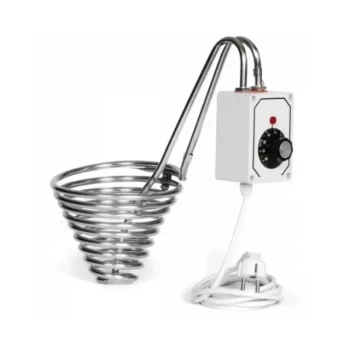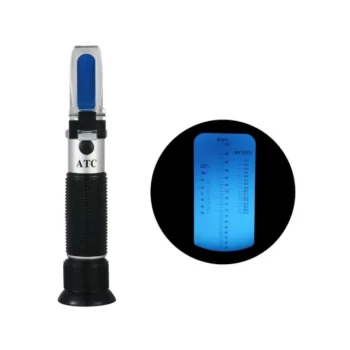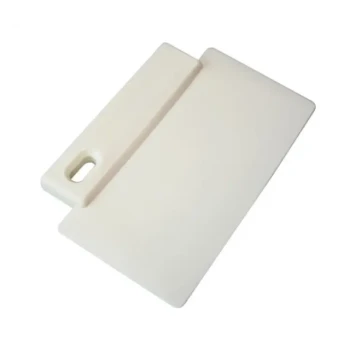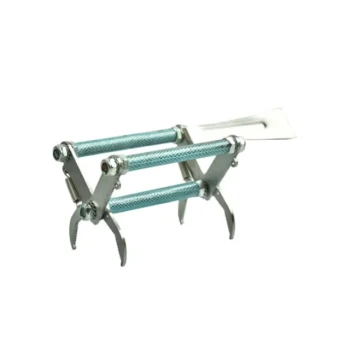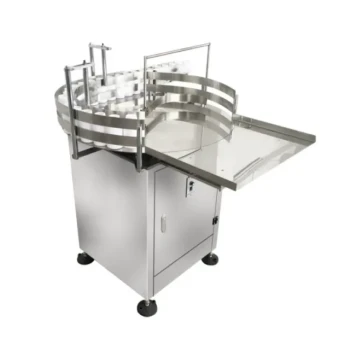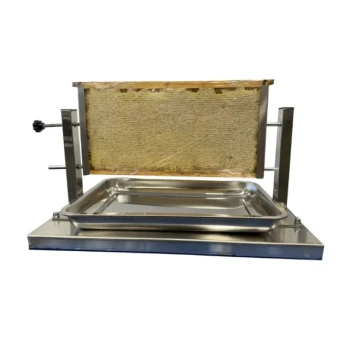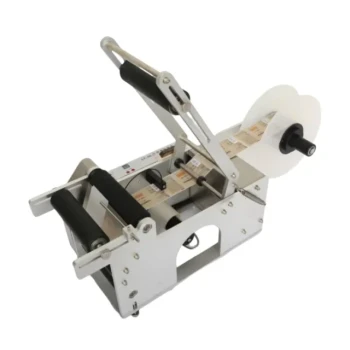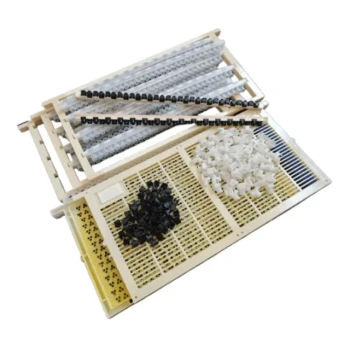From a nutritional perspective, unfiltered honey is considered superior to filtered honey. The filtering process, often combined with heating (pasteurization), removes many of the beneficial compounds naturally present in honey, such as pollen, propolis, and enzymes. While filtered honey remains a good natural sweetener, it lacks the broader health-supportive properties of its unfiltered counterpart.
The core difference lies in processing. Unfiltered, raw honey is honey in its most natural state, retaining beneficial compounds. Filtered honey is processed for clarity and shelf life, which compromises its nutritional and therapeutic value.
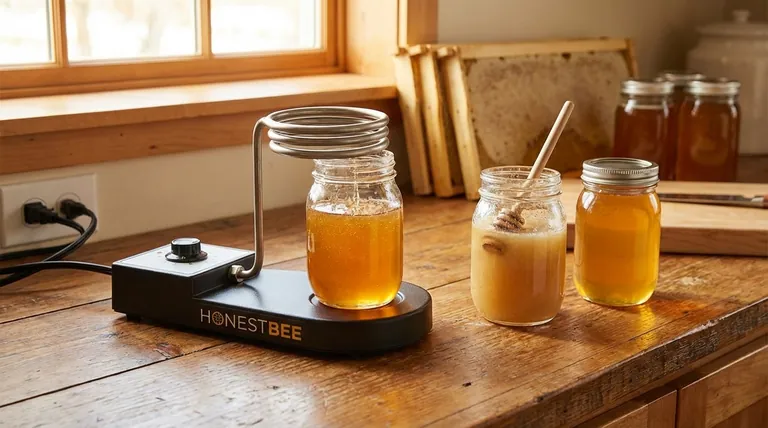
What's Lost When Honey is Processed?
To understand the difference in benefits, it's essential to know what is removed during commercial processing. This typically involves fine filtration and heating.
The Impact of Fine Filtration
Filtration is done to create the clear, smooth liquid many consumers expect. However, this process removes valuable microscopic elements. The most significant of these is bee pollen, which contains amino acids, vitamins, and antioxidants.
Also removed is propolis, a resin-like substance bees produce. Propolis is renowned for its natural antibacterial and anti-inflammatory properties. Small amounts of beeswax, which also has beneficial characteristics, are filtered out as well.
The Effect of Heat (Pasteurization)
Most commercial honey is heated to slow down the natural process of crystallization and kill yeast cells. This extends shelf life and keeps the honey liquid.
Unfortunately, this heat can degrade or destroy delicate components. The natural enzymes and probiotics present in raw honey, which can aid in digestion, are sensitive to heat and are largely eliminated during pasteurization.
Understanding the Trade-offs
The choice between filtered and unfiltered honey is not just about nutrition; it's also about consumer expectations and commercial realities.
The Goal of Clarity and Consistency
Producers filter and pasteurize honey primarily for aesthetic reasons. A clear, golden, liquid honey is what many buyers are conditioned to look for on a supermarket shelf.
This processing ensures a uniform product that won't crystallize quickly, which some consumers mistake for the honey having gone bad.
Potency vs. Appearance
The fundamental trade-off is between potential health benefits and appearance. Unfiltered honey is often cloudy and will crystallize into a solid state much faster.
Choosing unfiltered honey means prioritizing its natural, potent state over a clear, perpetually liquid product. Filtered honey prioritizes aesthetics and convenience.
The Loss of Identity
Ultra-filtration can remove so much pollen that it becomes impossible to identify the honey's floral or geographical origin. This is a quality concern, as the source of the honey is a key indicator of its unique flavor and properties.
Making the Right Choice for Your Goal
Your decision should be based on why you are using honey in the first place.
- If your primary focus is maximum health benefits: Choose raw, unfiltered honey to ensure you are getting the full spectrum of enzymes, pollen, and propolis.
- If your primary focus is simply a natural sweetener: Standard filtered honey is a perfectly acceptable and often more affordable choice for adding sweetness to food and drinks.
- If your primary focus is baking or cooking: The subtle nutritional differences are often lost when honey is heated, making filtered honey a practical option.
By understanding the purpose behind the processing, you can confidently select the honey that best aligns with your goals.
Summary Table:
| Aspect | Unfiltered Honey | Filtered Honey |
|---|---|---|
| Pollen Content | Rich in beneficial pollen | Removed during filtration |
| Propolis & Enzymes | Fully intact | Degraded or destroyed by heat |
| Appearance | Cloudy, crystallizes naturally | Clear, liquid, uniform |
| Primary Use | Maximum health benefits | Natural sweetener, cooking |
For Commercial Apiaries & Distributors: Source Premium Beekeeping Supplies from HONESTBEE
As you understand the value of pure, high-quality honey, ensuring your beekeeping operation has the best equipment is crucial. HONESTBEE supplies commercial apiaries and distributors with durable, reliable beekeeping supplies and equipment through our wholesale-focused operations.
We help you maintain the integrity of your honey from hive to jar. Let's discuss your supply needs and how we can support your business growth.
Contact HONESTBEE today for wholesale inquiries and premium equipment solutions.
Visual Guide
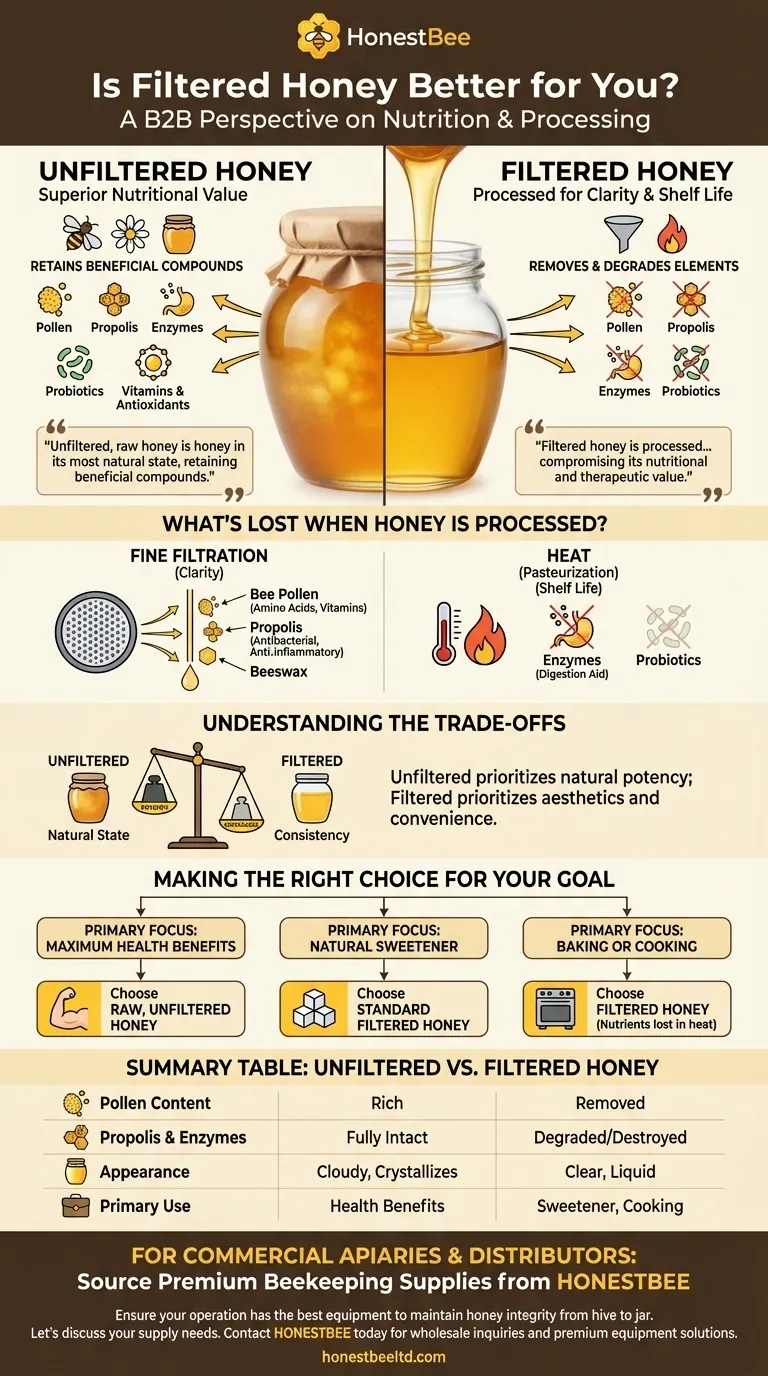
Related Products
- Professional Thermostatic Conical Honey Melter
- Honey Concentrating Vacuum Heating Thickening Machine Dehumidifier for Honey
- HONESTBEE 72 Frame Industrial Electric Honey Extractor for Beekeeping
- High Quality Honey Dehumidifier Dryer Thickening Machine for Beekeeping
- 8-Frame Electric Self-Reversing Honey Extractor Spinner for Commercial Honey Extraction Equipment
People Also Ask
- What are the negative effects of overheating honey? Preserve Your Honey's Natural Quality
- What equipment is commonly used for heating and processing honey? Essential Tools for Every Beekeeper
- What is melter honey used for? A Low-Cost Ingredient for Bakers and Brewers
- How to permanently decrystallize honey? Embrace Its Natural State for Maximum Quality
- At what temperature does honey flow? Preserve Quality with the Perfect 95°F Sweet Spot
